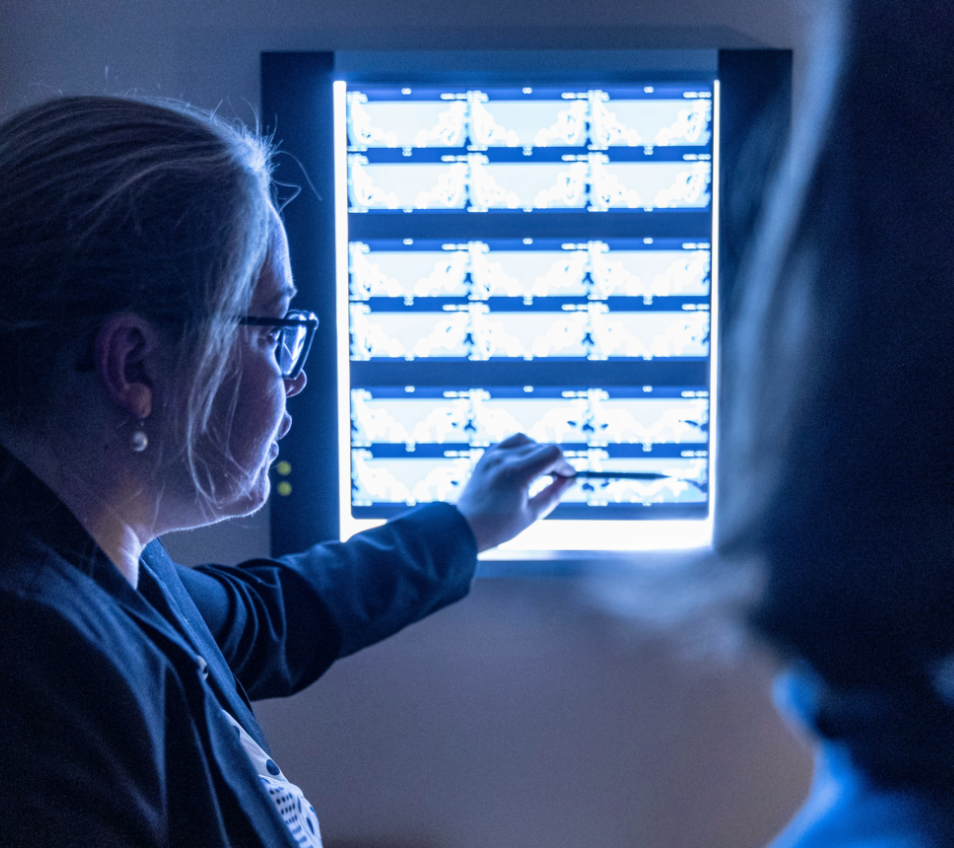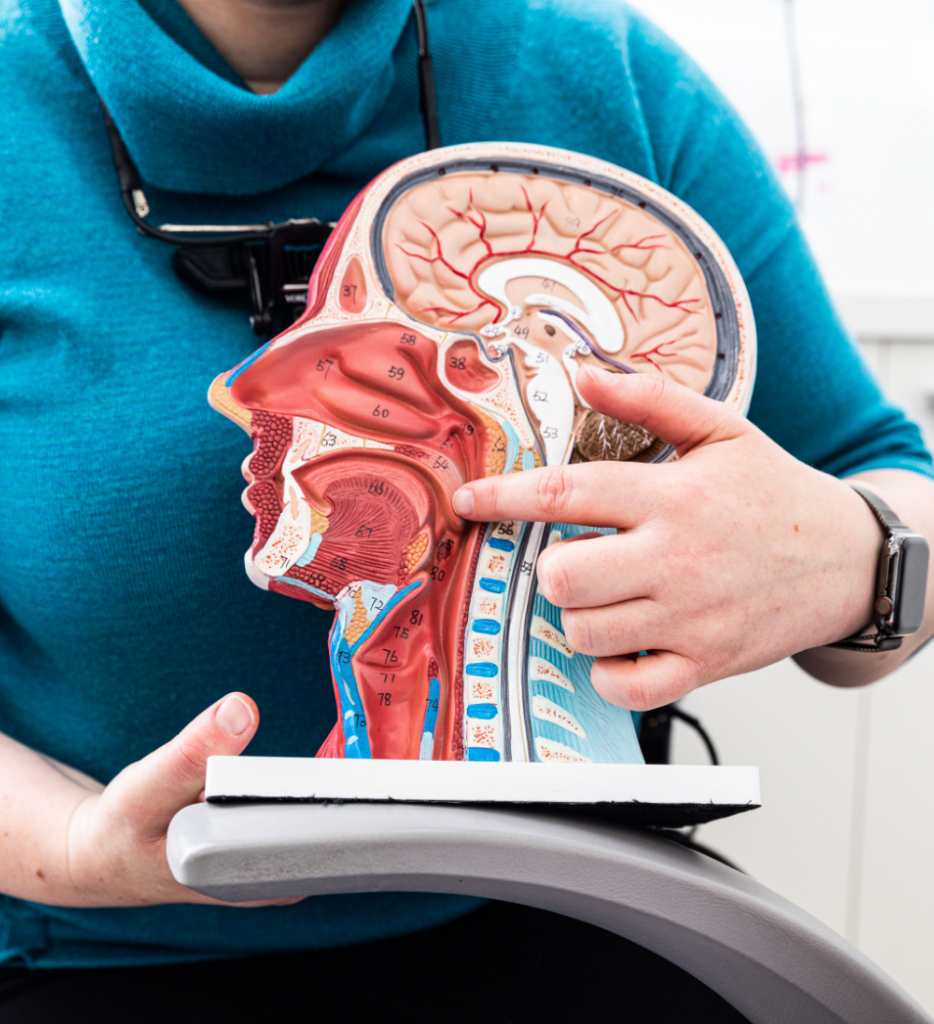
Head and Neck Specialised Surgery
Surgical procedures of the head and neck require specific expertise, as they can be complex. Dr Julia Crawford has subspecialised in Head and Neck Surgery, and is experienced in the surgical management of both benign and cancerous conditions of the head and neck.
What makes Head and Neck Surgery so complex?
The anatomical structures of the head and neck are very intricate. To minimise postoperative complications, Head and Neck Surgery must be extremely precise. A Head and Neck Surgeon aims to preserve cosmetic appearance and function as far as possible. However, if cancer surgery is to be curative, the entire tumour, along with a margin of healthy tissue and all potentially affected lymph nodes, must be removed.
How is Head and Neck Surgery done?
A specialised head and neck procedure could be done via:
- Endoscopic Surgery
This type of surgery is typically combined with microscopic laser surgery. The endoscope is inserted through the nose or the mouth to conduct surgery in the nasal cavity, throat, or voice box.
This type of surgery uses robotic technology to operate through the mouth.
- Open Surgery
In some cases, open surgery is required. This type of surgery involves skin incisions in the neck or face.
I’ve been diagnosed with a Head and Neck Cancer. What sort of surgical procedure should I expect?
Surgery for some early cancers may be relatively minor, with a quick recovery and few side-effects after surgery. On the other hand, advanced Head and Neck Cancers may require major surgery that affects essential functions like chewing and swallowing, as well as your appearance. In these cases, reconstructive surgery is required. This may be done at the same time as the cancer surgery, or it may be done later. In some cases, reconstruction may require a series of operations over several months.
Every cancer patient is managed by a multi-disciplinary team of specialists and allied health professionals, in order to offer the best possible care. Dr Crawford is part of the Head and Neck Cancer Multidisciplinary Team on the St Vincent’s campus and will discuss your individualised treatment plan with you in detail.
What is a neck dissection?
A neck dissection is the surgical removal of lymph nodes in the neck. Cancer has the potential to spread to neighbouring lymph nodes, and this procedure is an important part of surgical cancer treatment.
In some cases, a radical neck dissection is required. This surgery removes all of the lymph nodes on the one side of the neck, along with other tissue. A modified radical neck dissection removes the lymph nodes while preserving other structures. A selective lymph node dissection removes only specific neck lymph nodes, based on their chance of being cancerous.
What is a free flap?
A free flap is a complex reconstructive procedure that uses living tissue (a flap) from one part of your body to repair a defect elsewhere. The flap is connected to a new blood supply at the recipient site. Free flaps allow for reconstruction of defects that may follow major surgery. For instance, during surgery for an advanced cancer, a piece of bone from the lower leg could be used to form a new jaw. This is usually performed by a separate reconstructive team who work in conjunction with Dr Crawford and the Head and Neck Cancer Team.

If you are facing the prospect of specialised Head and Neck Surgery, it is reassuring to be in the care of an experienced specialist. An appointment can be booked with Dr Crawford at (02) 8319 9434.

